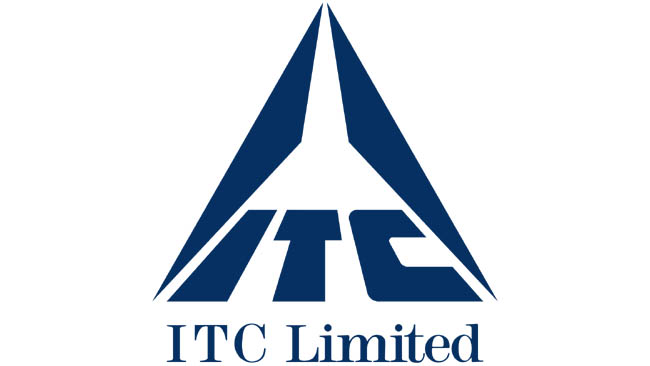
In recognition of its superior Environmental, Social and Governance models, ITC has been Ranked No.1 globally amongst peers (comprising companies with market capitalisation between USD 38 Bln. and USD 51 Bln.) and No.3 overall on ESG performance in the Food Products industry by Sustainalytics – a global ESG rating company. ITC has also been rated AA by MSCI-ESG which is the highest amongst global tobacco cos. & ahead of FMCG peers.
A global exemplar in sustainability, ITC has pursued innovation in business models to synergise the building of economic, ecological and social capital as a unified strategy. It is the only company in the world to be water, carbon and solid waste recycling positive for over a decade. ITC’s businesses support 6 million livelihoods in India. Pursuing a low carbon growth path, ITC has spearheaded a gamut of environmental initiatives. Nearly 41% of ITC's energy consumption is met from renewable sources, while its green building portfolio comprises 25 Platinum rated green buildings. ITC’s largescale social investments programme empower rural communities and generate sustainable livelihoods. ITC e-Choupal has empowered 4 million farmers, while the afforestation programme has generated 135 million person days of livelihood. ITC’s watershed development programme has created nearly 6 million person days of employment. ITC's programmes in women empowerment, vocational training, sanitation, primary education have enriched rural communities.
ITC is one of the frontrunners in India to have put in place a formalised system of Corporate Governance. Its governance framework enjoins the highest standards of ethical and responsible conduct of business to create value for all stakeholders. The practice of Corporate Governance in ITC takes place at three interlinked levels - Strategic supervision by the Board of Directors; Strategic management by the Corporate Management Committee and Executive management by the Divisional Chief Executive assisted by the Divisional Management Committee. The three-tier structure ensures that Strategic supervision (on behalf of the Shareholders), being free from involvement in the task of strategic management of the Company, can be conducted by the Board with objectivity, thereby sharpening accountability of management; Strategic management of the Company, uncluttered by the day-to-day tasks of executive management, remains focused and energised; and Executive management of the divisional business free from collective strategic responsibilities for ITC as a whole, remains focused on enhancing the quality, efficiency and effectiveness of the business to achieve best-in-class performance. New Delhi, Delhi, India: In recognition of its superior Environmental, Social and Governance models, ITC has been Ranked No.1 globally amongst peers (comprising companies with market capitalisation between USD 38 Bln. and USD 51 Bln.) and No.3 overall on ESG performance in the Food Products industry by Sustainalytics – a global ESG rating company. ITC has also been rated AA by MSCI-ESG which is the highest amongst global tobacco cos. & ahead of FMCG peers.
A global exemplar in sustainability, ITC has pursued innovation in business models to synergise the building of economic, ecological and social capital as a unified strategy. It is the only company in the world to be water, carbon and solid waste recycling positive for over a decade. ITC’s businesses support 6 million livelihoods in India. Pursuing a low carbon growth path, ITC has spearheaded a gamut of environmental initiatives. Nearly 41% of ITC's energy consumption is met from renewable sources, while its green building portfolio comprises 25 Platinum rated green buildings. ITC’s largescale social investments programme empower rural communities and generate sustainable livelihoods. ITC e-Choupal has empowered 4 million farmers, while the afforestation programme has generated 135 million person days of livelihood. ITC’s watershed development programme has created nearly 6 million person days of employment. ITC's programmes in women empowerment, vocational training, sanitation, primary education have enriched rural communities.
ITC is one of the frontrunners in India to have put in place a formalised system of Corporate Governance. Its governance framework enjoins the highest standards of ethical and responsible conduct of business to create value for all stakeholders. The practice of Corporate Governance in ITC takes place at three interlinked levels - Strategic supervision by the Board of Directors; Strategic management by the Corporate Management Committee and Executive management by the Divisional Chief Executive assisted by the Divisional Management Committee. The three-tier structure ensures that Strategic supervision (on behalf of the Shareholders), being free from involvement in the task of strategic management of the Company, can be conducted by the Board with objectivity, thereby sharpening accountability of management; Strategic management of the Company, uncluttered by the day-to-day tasks of executive management, remains focused and energised; and Executive management of the divisional business free from collective strategic responsibilities for ITC as a whole, remains focused on enhancing the quality, efficiency and effectiveness of the business to achieve best-in-class performance.
